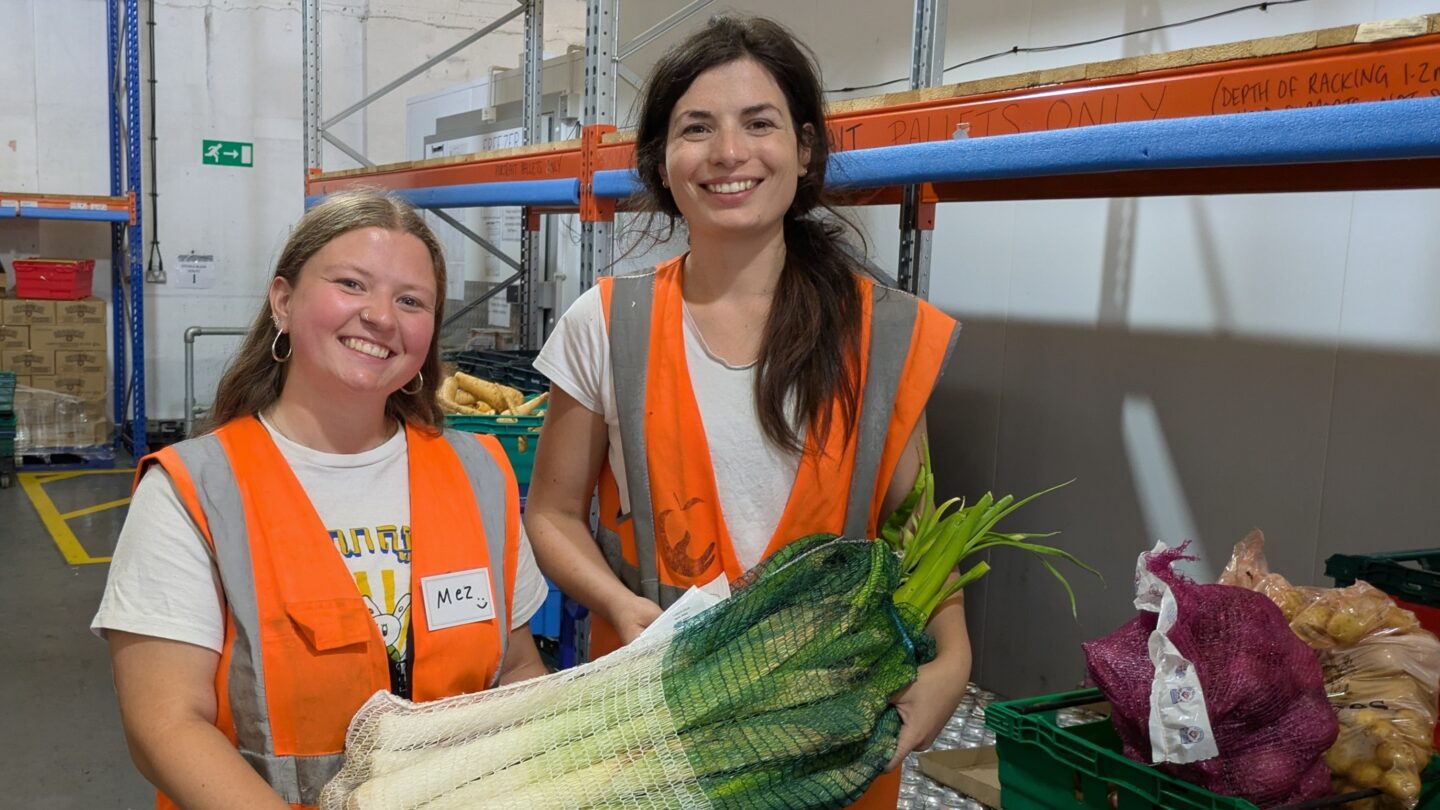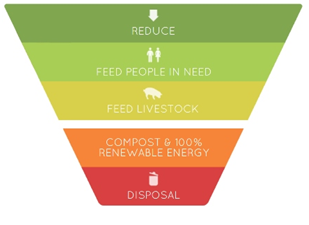Volunteer Finn shares his volunteers hours between warehouse assistant shifts at Little Ann, Bristol, and using his research and journalistic skills to support the communications team. Here’s his take on the reason why so many choose to volunteer, what evidence there is, and what volunteer organisations should know.
Most volunteers will tell you volunteering makes them feel good. In fact, that’s usually why they’re there.
And this is great – both for the volunteer, the charity, and those the charity serves, since a happy workforce is a productive one.
But why – and how – does volunteering contribute to wellbeing? Does that feel-good factor lead to an over-all happier mental landscape; perhaps even tackle issues like anxiety and depression? And crucially, are there steps an organisation can take to ensure that its volunteer workforce is best placed to receive these benefits?

Many studies have been conducted over recent years on this topic which shed light on all this, and handily for us, the National Library of Medicine recently conducted an umbrella review of the best of them. Their goal was to establish the usefulness of volunteering as a tool for Social Prescribing – an increasingly popular, non-medical approach to tackling psychological problems.
Volunteering as therapy
What were the findings? Well, after ensuring they were assessing the outcomes of only the most scientifically sound studies, the NLM Umbrella Review found there was “a multitude of benefits of volunteering on mental, physical, and social health and well-being”, along with “increased functioning, quality of life, pride, empowerment, motivation, social support, and sense of community.”
They found that 87% of volunteers reported a boost to their quality of life, with an even larger proportion of volunteers – 100%, in fact – reporting a positive change in their general wellbeing. And although there were only a few studies which assessed physical strength, those that did found a 100% increase in grip strength. Not that the warehouse and delivery crews need a study to tell them that.
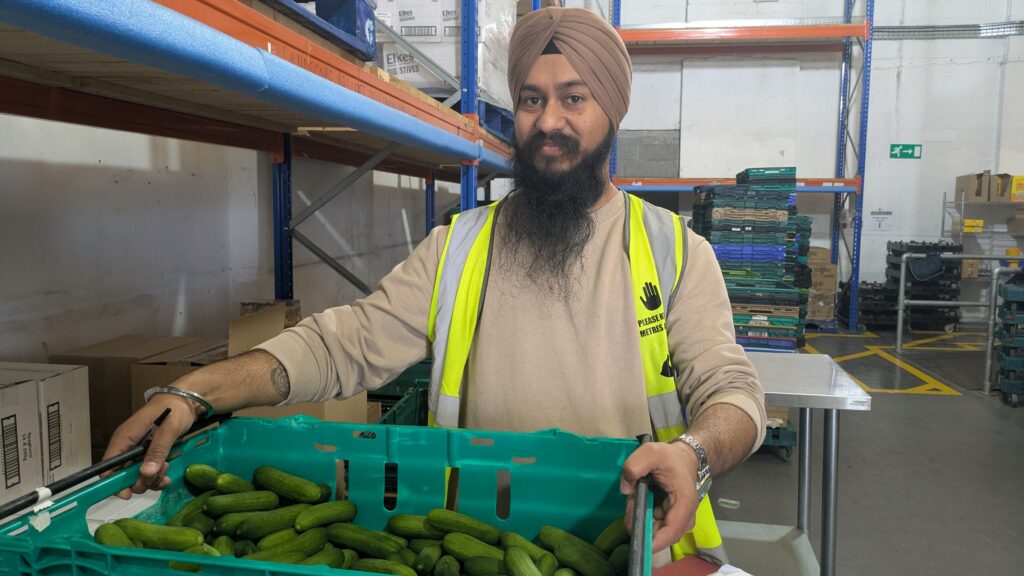
Encouraging indeed. And intriguingly, of that plethora or positives, the NLM noted that “psychological effects were the most commonly reported health and well-being outcome of volunteering.” The overall picture seems clear – volunteering delivers a boost to wellbeing generally, and psychological wellbeing in particular.
Benefits for all age groups
What Works Wellbeing also conducted a meta-review which focused on the most recent surveys. They too found that “there is high quality evidence that volunteering is positively linked to enhanced wellbeing,” including “improved life satisfaction, increased happiness and decreases in symptoms of depression.”
And then there’s the NCVO, who spotted something significant which earlier surveys seem to have missed. Older studies focusing on volunteering as a tool to combat loneliness among retirees certainly found plenty of evidence to support its effectiveness. But more recent (and more comprehensive) studies reveal that that benefit is just as keenly experienced among the young, if not more so. In fact, 77% of those in the 18 to 24 age bracket report that volunteering helped keep isolation at bay, with the percentage dropping to around 66% for the 55+ crowd.
Insights from a volunteer
We’ve looked at plenty of numbers and statistics. Time to let an actual volunteer have a say.
John works as a warehouse assistant at Fareshare South West’s Little Ann warehouse in Bristol. What about his work there does he find most cheering?
“I think it’s interacting with other volunteers – both doing work in the warehouse, and helping each other out – and then there’s tea-breaks, it’s a bit nice to see other people, have a bit of a catch-up…”
Does he feel these benefits are more likely to be found in the world of volunteering than, say, in paid employment?
“Oh, yeah. Because there’s no pressure, and although I enjoy just getting on with it, I can slow down when I want (if I want to), and I’m just doing it because it’s enjoyable – doing something functional, and at the end of it, knowing that somebody’s going to get some benefit.”
And his thoughts on volunteering as a method of Social Prescribing? Does it offer a bulwark against, say, depression?
“Yeah, I would say it definitely does, because it takes you out of yourself in two different ways. One is knowing that you’re doing something that’s for other people, but also it takes you out of yourself because you’re talking and chatting to others, and therefore things that might be going round in your head recede a bit.”
Preventative social prescribing
John’s observations certainly seem to mirror the numerical data.
But the findings also show that there are other, less obvious benefits to contributing your free time. For instance, NLM noted what it dubbed the social “knock-on effect” volunteering can bring, observing that many volunteers experienced increased social interaction, which in turn caused a boost in morale. And across many surveys, the potential for volunteering as an effective form of what we might call “Preventative Social Prescribing” becomes clear.

Take, for instance, someone who has many years of work left in them, but who is forced to retire early; or someone used to teamwork, whose company calculates it’s more economically viable for them to work from home (a more frequent scenario since lockdown, and not always a desirable one). In these sorts of situations, volunteering can act as preventative medicine, combating the malaise which accompany social isolation and physical inertia by filling the void before it has time to form. This can also apply to those temporarily between jobs, acting as what WWW calls a “buffer against stress.”
We can conclude with some confidence from this that the benefits offered by volunteering are not just to be measured in what the volunteer gains, but also in what they avoid or prevent.
Some caveats
It’s clear that volunteering increases the wellbeing of the volunteer, but it needs to be noted that there are provisos and variables aplenty.
Various factors will determine which benefits any given volunteer is likely to experience, and to what extent.
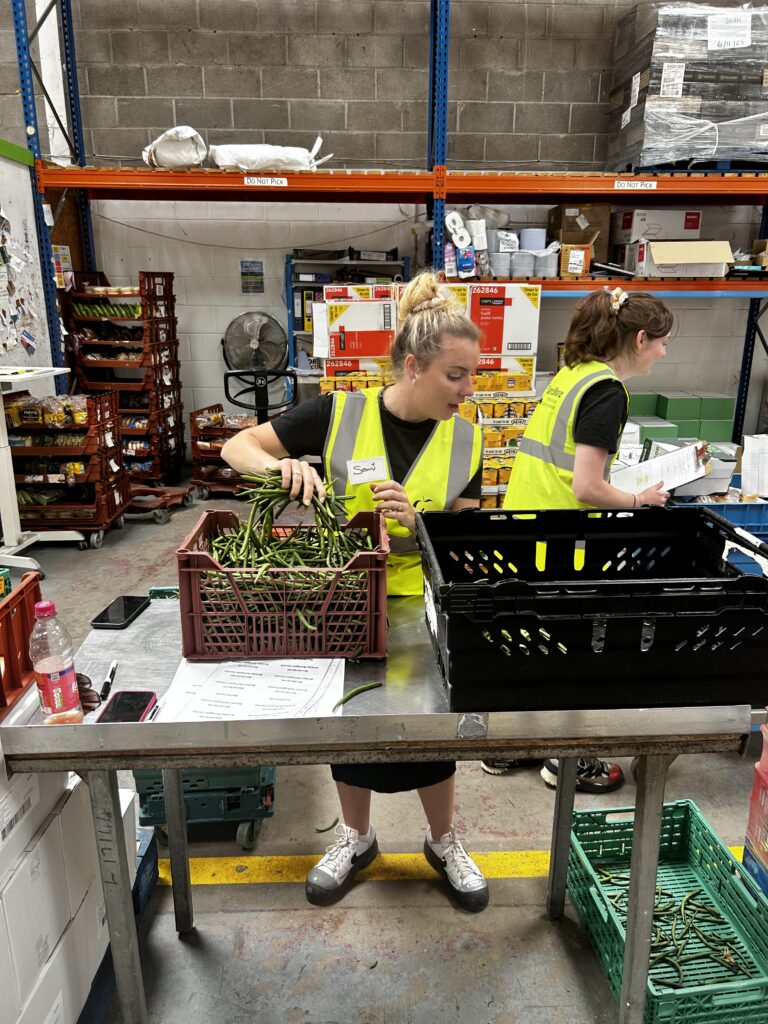
Some of these variables are outside an organisation’s reach, including as they do the volunteer’s existing levels of mental wellbeing, their prior life experience, their motivations for volunteering, and so on. There’s a chicken and egg question behind the evidence on improved wellbeing: is it an outcome of volunteering, or is the outcome of improved mental health for the individual what leads them to be able to give their time?
But there are many variables which are within the power of an organisation to influence, and as such can act as signposts and guardrails, helping an organisation to ensure that its volunteer workforce get as much benefit from giving their time as possible – which, ultimately, is in everyone’s interest.
How organisations can support their volunteers
Are there steps an organisation can take to ensure its volunteers experience all the benefits we’ve talked about?
There are indeed, and here’s some good news for all organisations: the most effective step they can take costs nothing.
Making a volunteer feel appreciated is vital, so says survey after survey.
“A moderating effect of feeling appreciated… was also reported for depression, life satisfaction, and general well-being,” says NLM, nicely summarising why volunteers deserve a regular pat on the back.
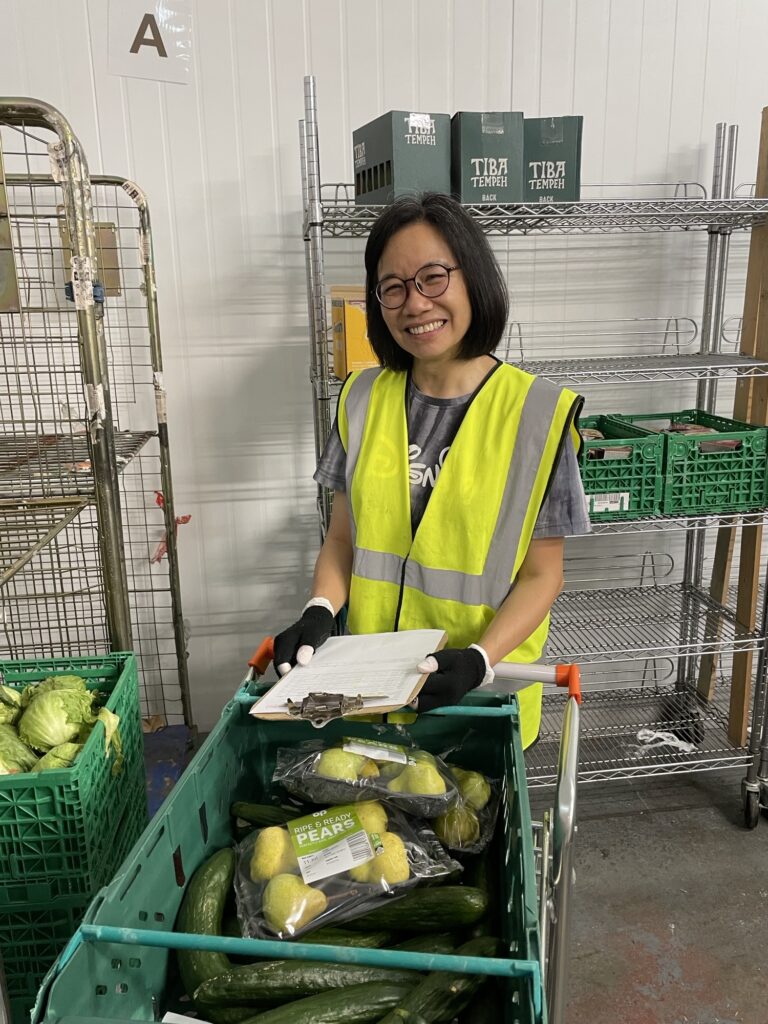
It should be noted here that most FareShare South West volunteers (including this one) would say our organisation scores highly in this department, which is likely one of the reasons FareShare South West volunteers typically stick around for a number of years (again, including this one).
Volunteer events and activities abound, and not just during Volunteer Week, either. These events are more than just a bit of fun; they’re an important show of gratitude, that all-important Thank You. There are other considerations – allowing volunteers flexibility, ensuring they’re not overburdened, etc – but showing them appreciation is key.

